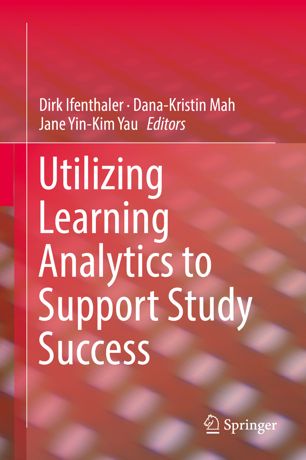

Most ebook files are in PDF format, so you can easily read them using various software such as Foxit Reader or directly on the Google Chrome browser.
Some ebook files are released by publishers in other formats such as .awz, .mobi, .epub, .fb2, etc. You may need to install specific software to read these formats on mobile/PC, such as Calibre.
Please read the tutorial at this link: https://ebookbell.com/faq
We offer FREE conversion to the popular formats you request; however, this may take some time. Therefore, right after payment, please email us, and we will try to provide the service as quickly as possible.
For some exceptional file formats or broken links (if any), please refrain from opening any disputes. Instead, email us first, and we will try to assist within a maximum of 6 hours.
EbookBell Team

5.0
38 reviewsStudents often enter higher education academically unprepared and with unrealistic perceptions and expectations of university life, which are critical factors that influence students’ decisions to leave their institutions prior to degree completion. Advances in educational technology and the current availability of vast amounts of educational data make it possible to represent how students interact with higher education resources, as well as provide insights into students’ learning behavior and processes. This volume offers new research in such learning analytics and demonstrates how they support students at institutions of higher education by offering personalized and adaptive support of their learning journey. It focuses on four major areas of discussion:
· Theoretical perspectives linking learning analytics and study success.
· Technological innovations for supporting student learning.
· Issues and challenges for implementing learning analytics at higher education institutions.
· Case studies showcasing successfully implemented learning analytics strategies at higher education institutions.
Utilizing Learning Analytics to Support Study Success ably exemplifies how educational data and innovative digital technologies contribute to successful learning and teaching scenarios and provides critical insight to researchers, graduate students, teachers, and administrators in the general areas of education, educational psychology, academic and organizational development, and instructional technology.